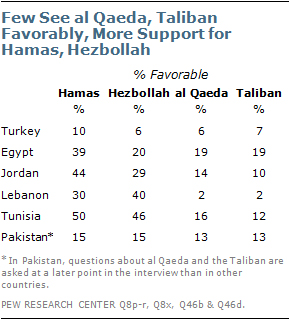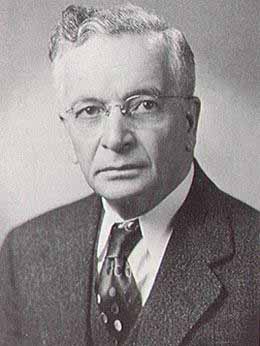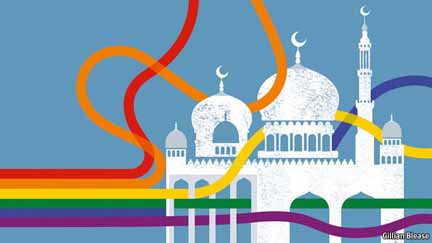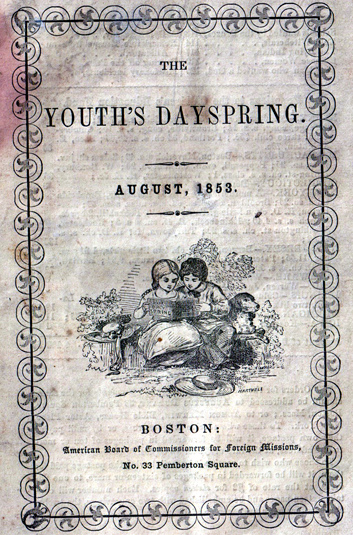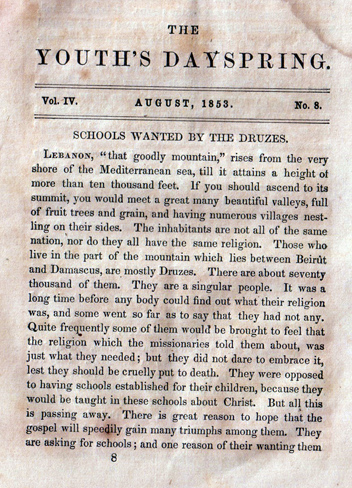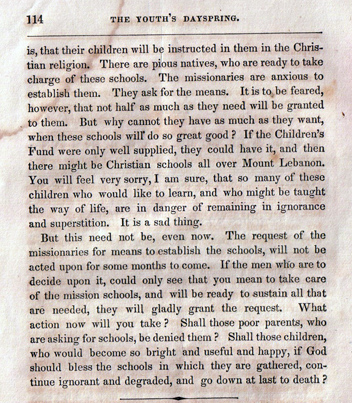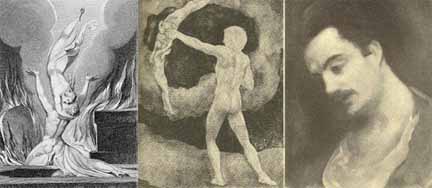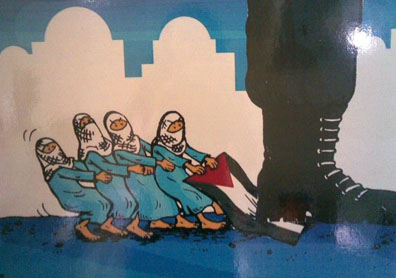
Image from Museum of Resistance in Lebanon; photograph by Estella Carpi
Syrian refugees in Lebanon: when the Apollonian cannot expect anything from the Dionysian
by Estella Carpi
While based in Lebanon, I personally find no way of getting out of the emotional whirlwind of suffering that the Syrian revolution, the merciless state repression and the subsequent armament of the revolutionaries have been giving rise to for 18 months. Without aiming at prematurely assessing the size of the emergency response to the “Syrian humanitarian crisisâ€, I would like to discuss here the Lebanese phenomenological approach to the current events by using the Syrian refugees’ lens.
Although used to regarding Syria as a model of stability and harmony, and as a place where people allegedly identify through the imposed order, the Lebanese suddenly find themselves taking care of the Syrian Leviathan. If Lebanon has always embodied the Dionysian, with its several war scars, social open wounds and its incontrollable emotionalities, Syria has always represented the rational, organized and balance-keeper Apollonian to the outsider’s eye. Continue reading Syrian Refugees in Lebanon
